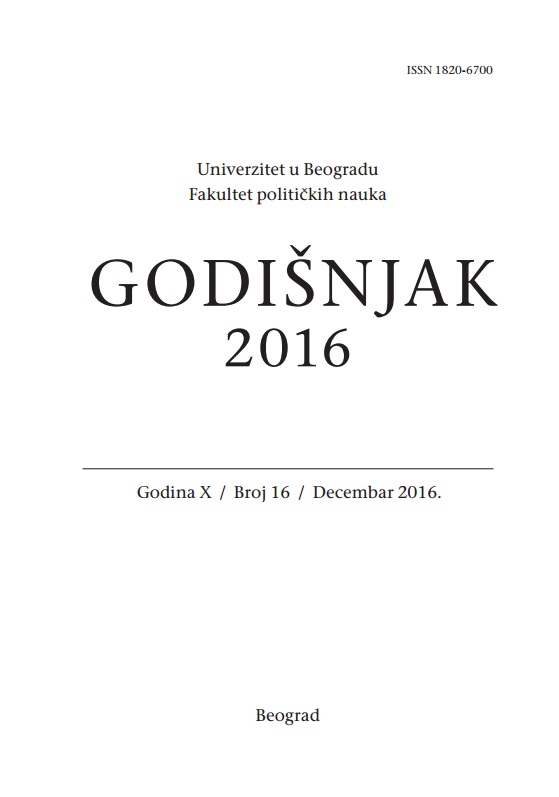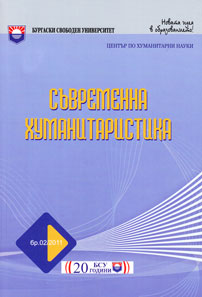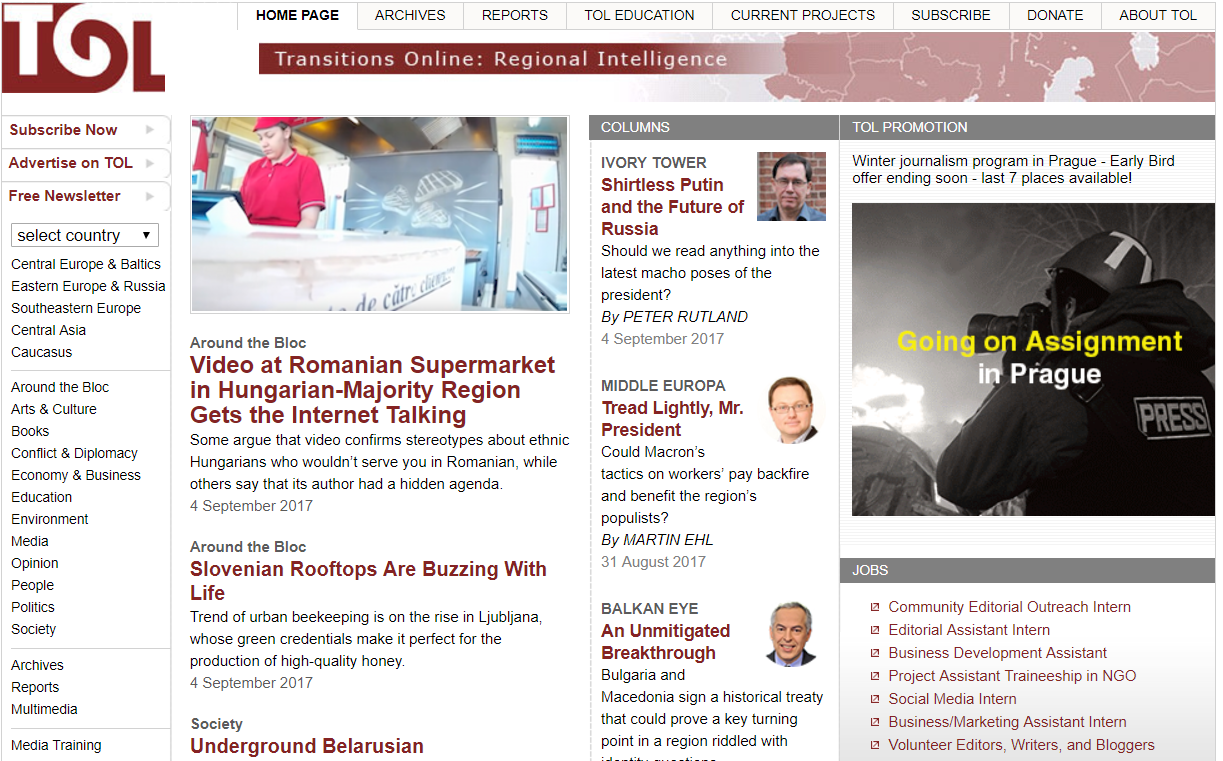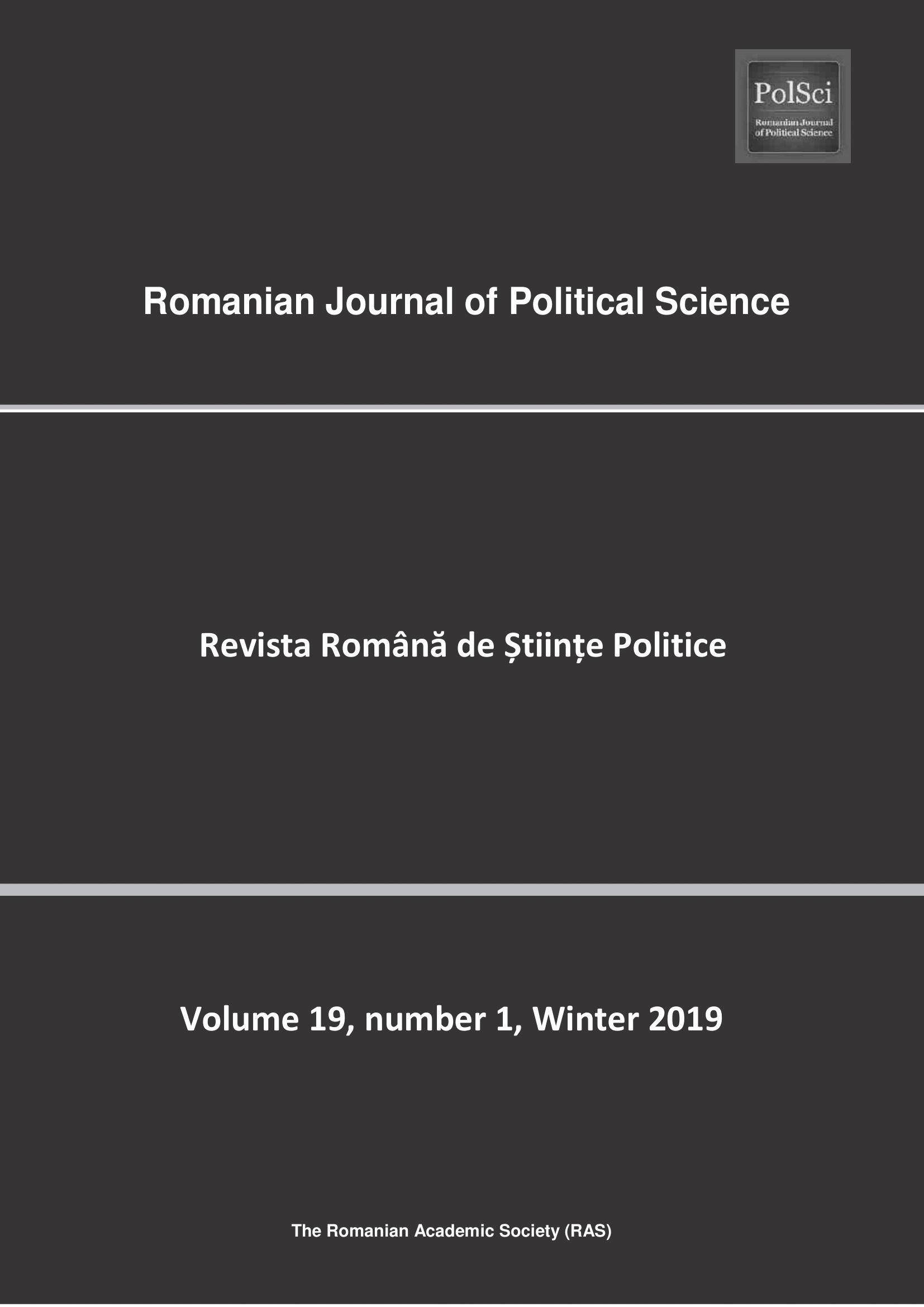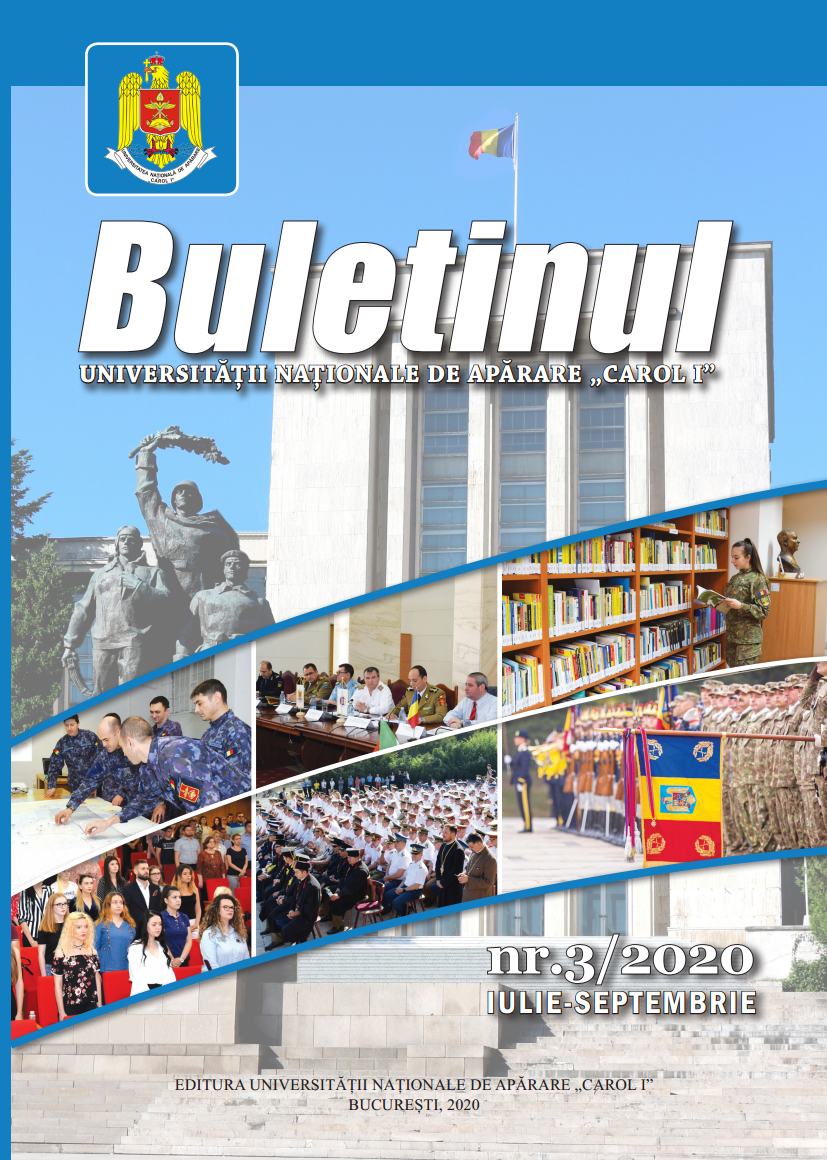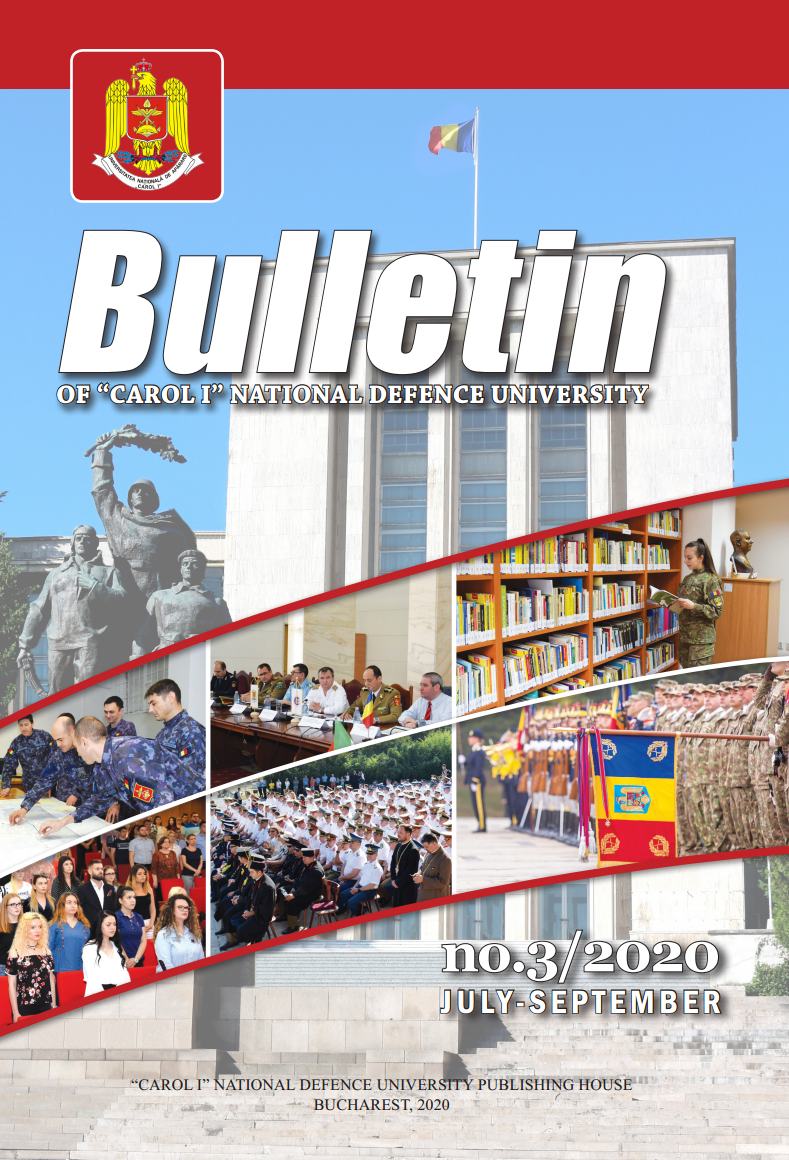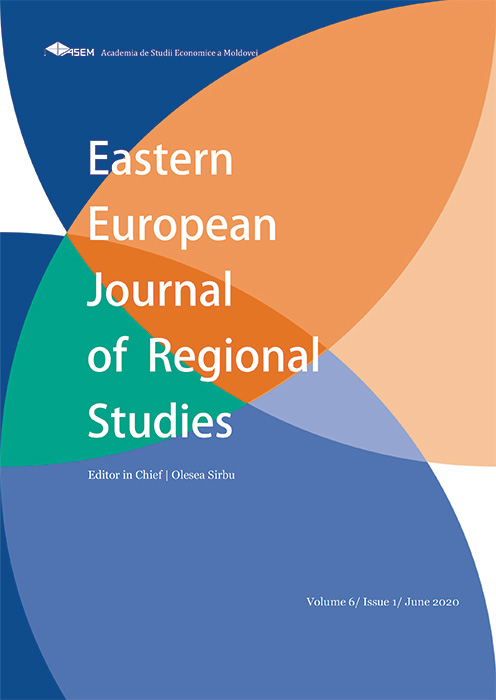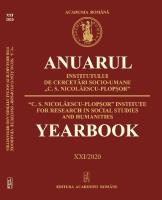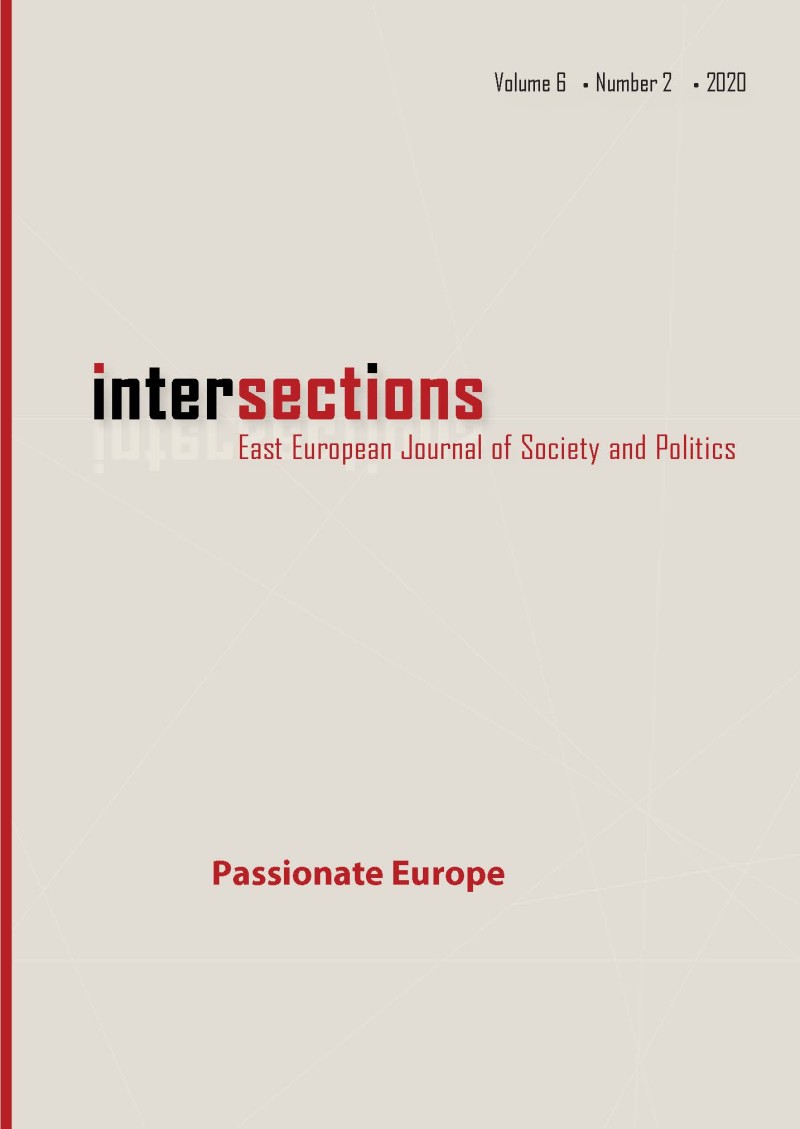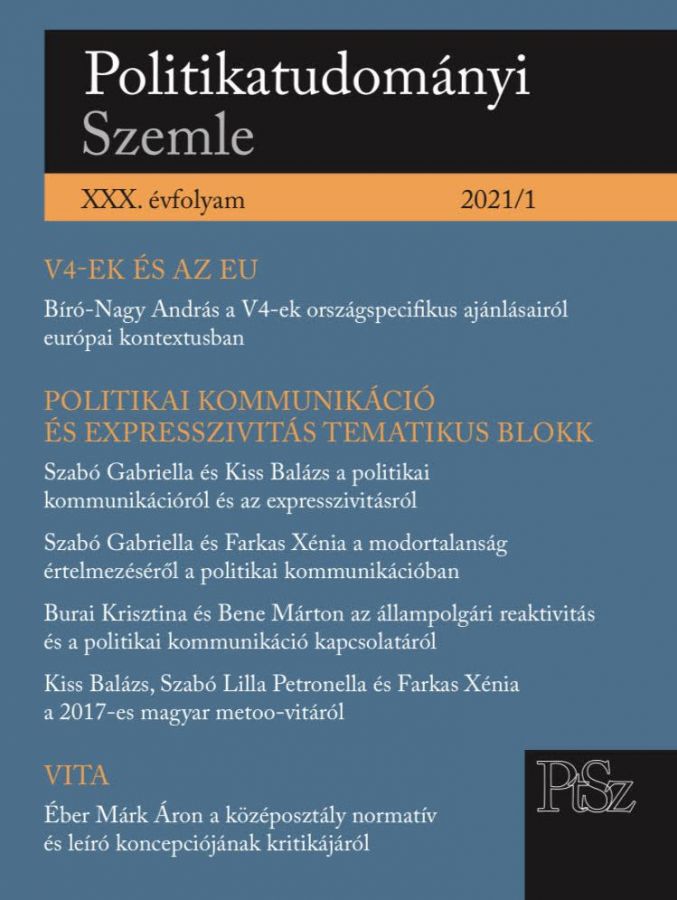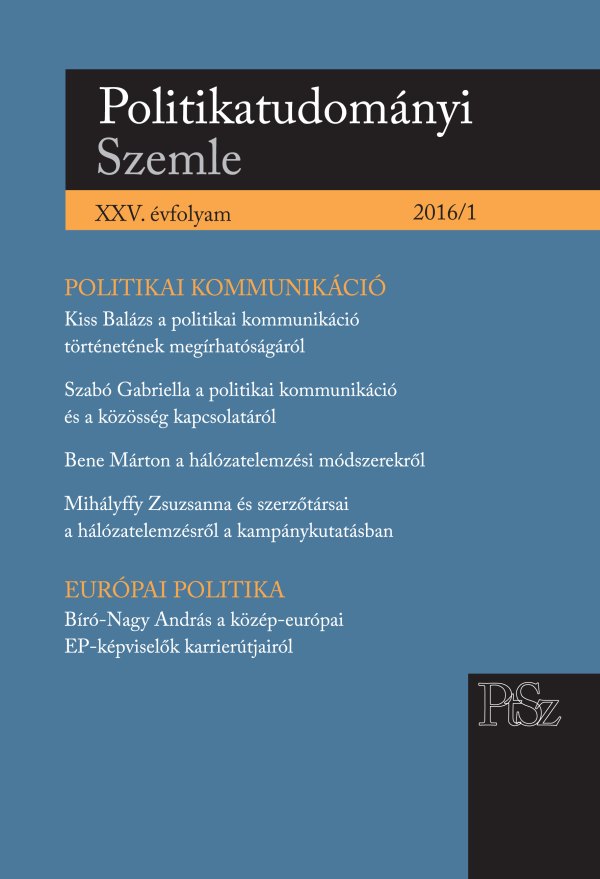
Politikai kommunikáció és közösség
This paper contributes to the research project entitled ‘Political communication in Hungary, 1990-2015’ by revising our notion of community from the viewpoint of political communication. In order to do so, at fi rst I discuss the three main theoretical traditions of social science that are committed to comprehending the relationship between community and communication, namely the Habermasian concept of deliberation, symbolic interactionism and network analysis. After the critical review of the literature, I attempt to sketch a new conceptual framework for an understanding of the community of political communication. The article argues that the practices of social semiotics and dense interaction ties have constructed distinctively separate communities of political communication in Hungary over the past two decades. The study concludes with an agenda for future research in which the integrative and disin tegrative capacities of politics can be analysed throughout the political communication.
More...
